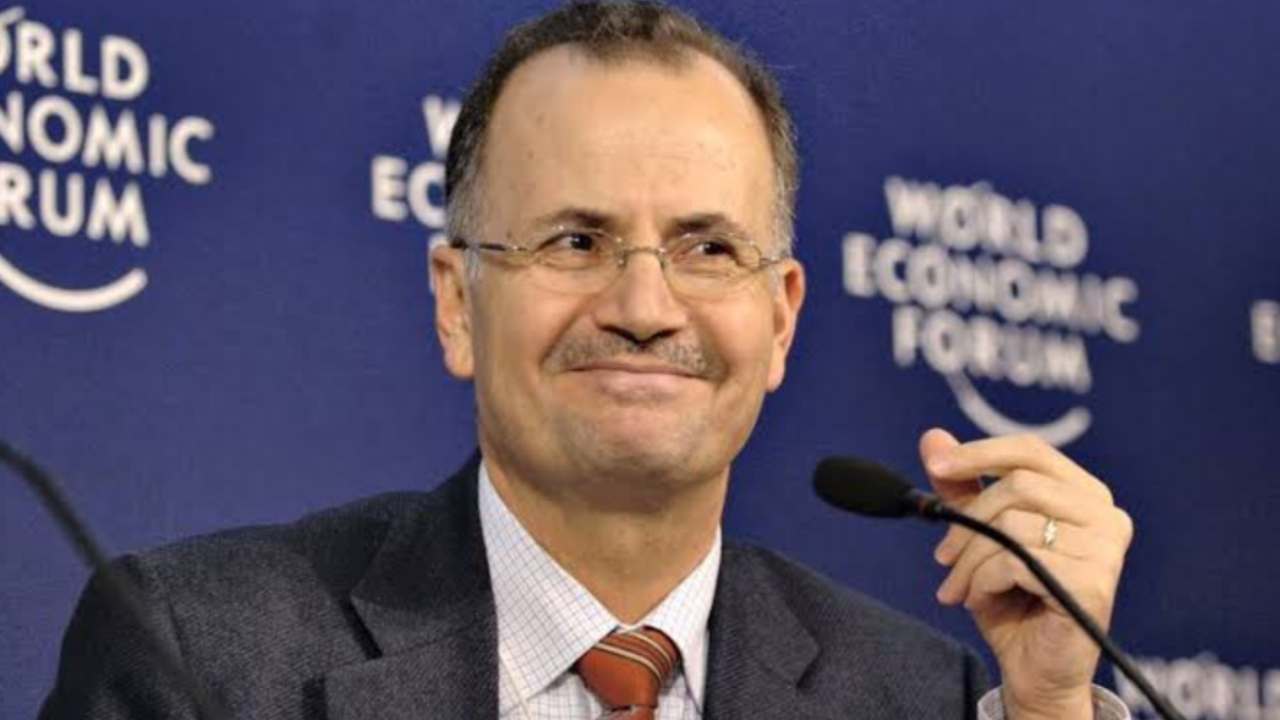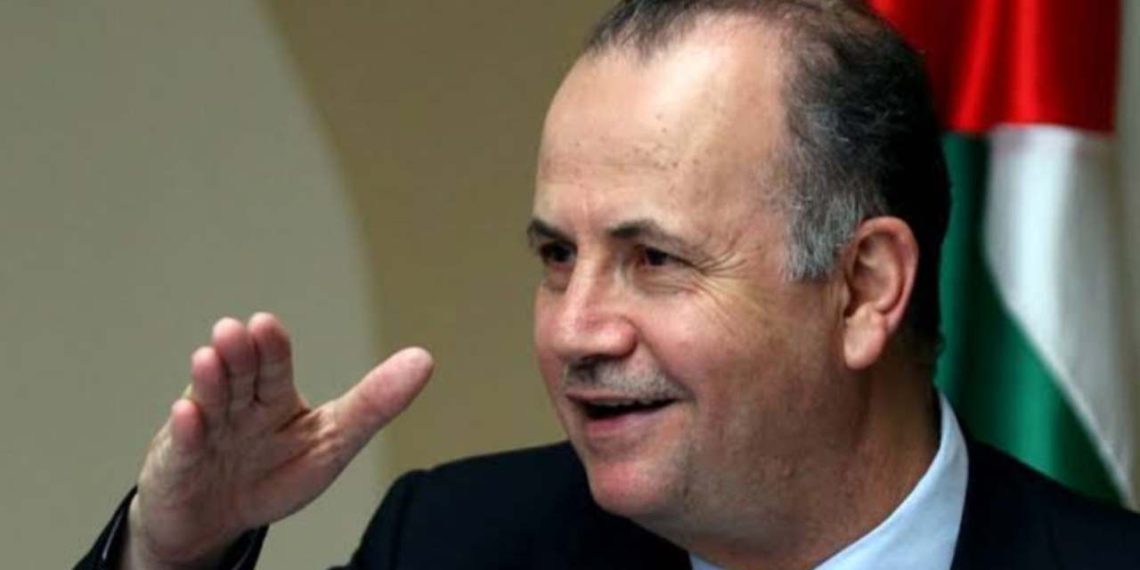On Thursday, Palestinian President Mahmoud Abbas designated Mohammad Mustafa, his trusted economic adviser, as the forthcoming prime minister of the Palestinian Authority (PA).
Mustafa, an economist educated in the United States and devoid of political affiliation, will helm a technocratic administration in the West Bank. This move, as per a source, holds promise in facilitating Gaza’s aspirations for statehood.
The development has come against the backdrop of the US pushing for reforms in the Palestinian Authority as part of Washington’s postwar vision for Gaza.
Presently, it is unclear whether the appointment of a new Cabinet led by a close Abbas ally would be sufficient to meet US demands for reform, as the 88-year-old president would remain in overall control.
“The change that the United States of America and the countries of the region want is not necessarily the change that the Palestinian citizen wants,” Palestinian political analyst Hani al-Masri said in a statement.
In an official statement, President Abbas tasked the newly appointed Prime Minister with developing strategies to reunify governance in both the West Bank and Gaza.
Additionally, he emphasized the importance of spearheading reforms within the government, security apparatus, and economy, as well as combating corruption.

Mustafa’s Foray Into The Political World
Born in 1954 in the West Bank town of Tulkarem, Mustafa obtained a doctorate in business administration and economics from George Washington University.
He boasts a diverse career, having held senior roles at the World Bank and served as deputy prime minister and economy minister. Presently, he chairs the Palestine Investment Fund (PIF).
The outgoing prime minister, Mohammad Shtayyeh, tendered his resignation alongside his cabinet last month, citing the necessity for new arrangements in light of the evolving situation in the Gaza Strip.
Established in the 1990s, the Palestinian Authority aims for interim peace accords and was envisioned as a stepping-stone to eventual statehood.
The peace negotiations between Palestine and Israel repeatedly failed, notably with Netanyahu’s return to power in 2009.
Concurrently, Hamas seized control in Gaza from forces loyal to Abbas in 2007, limiting his authority to major population centers, representing approximately 40 percent of the Israeli-occupied West Bank.
Abbas faces significant unpopularity among Palestinians, who perceive the PA as merely cooperating with Israel on security matters, labeling it as a subcontractor of the occupation.
Despite his mandate ending in 2009, he has postponed elections, citing Israeli restrictions.
It’s worth noting that unlike his Hamas counterparts, Abbas acknowledges Israel, renounces armed conflict, and advocates for a negotiated settlement, envisioning an independent Palestinian state coexisting with Israel.





